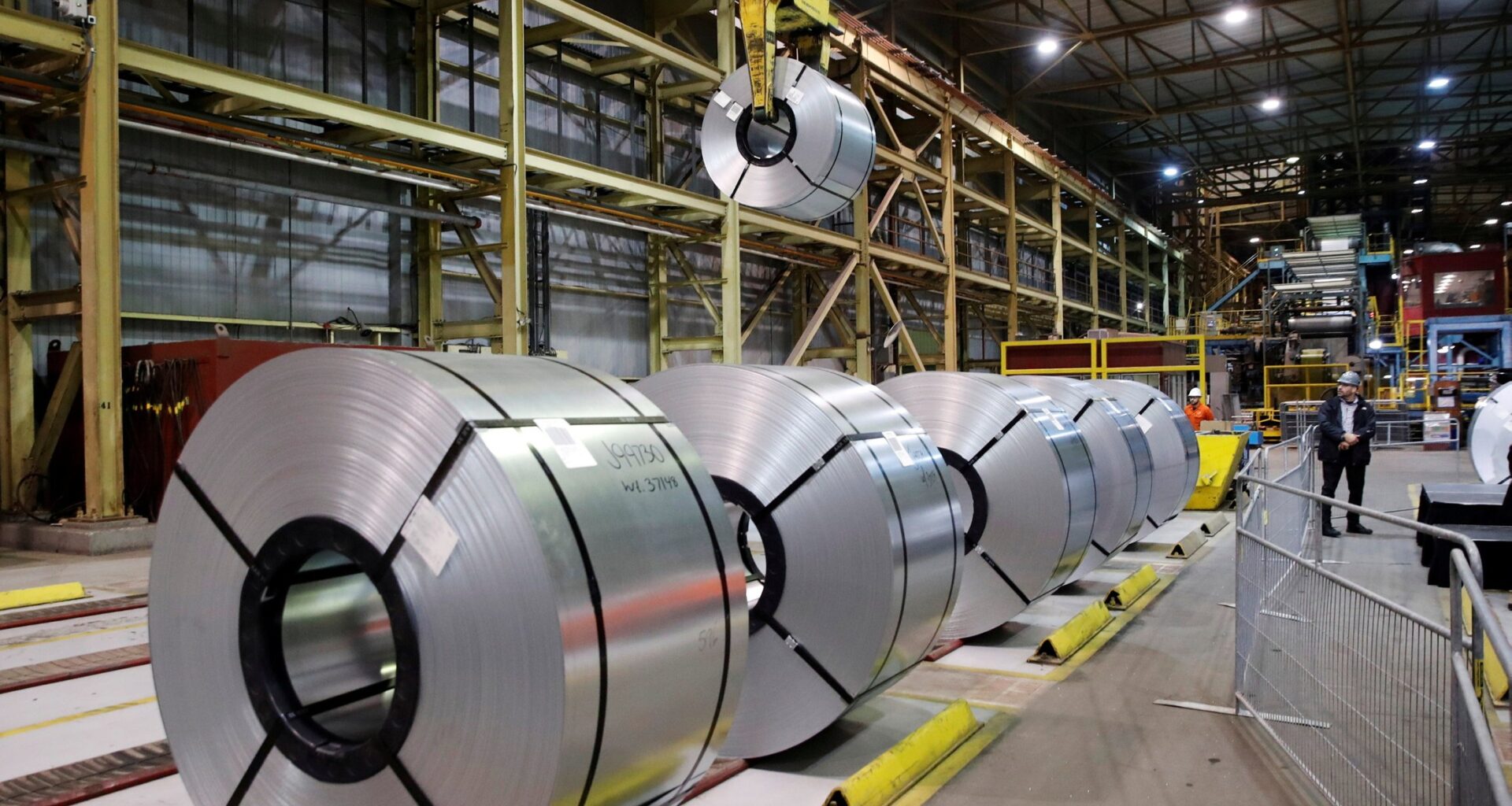Yrjo Koskinen is the BMO professor of sustainable and transition finance at the Haskayne School of Business and research director at the Institute for Sustainable Finance at the Smith School of Business, Queen’s University
America’s loss could be Canada’s gain in a world searching for trustworthy places to build the future energy system
Canada has been handed an opportunity it did not ask for. When the US Environmental Protection Agency moved to scrap mandatory greenhouse gas reporting, it did not just hobble climate policy. It undermined basic business infrastructure.
Every company tapping the Inflation Reduction Act’s 45Q tax credit for carbon capture, utilisation and storage depends on credible measurement, reporting and verification.
Bankers will not finance billion-dollar projects on vibes; insurers will not underwrite storage liabilities without verifiable data; boards will not approve multiyear capital expenditure when the cash flows hang on numbers no one must prove. Pull that thread and the 45Q sweater unravels.
Bankers will not finance billion-dollar projects on vibes; insurers will not underwrite storage liabilities without verifiable data
Then came US President Donald Trump’s speech at the UN dismissing climate change as a hoax. He called it the “greatest con job ever perpetuated”, essentially holding up a neon sign that says, “global green capital: we don’t want your money”.
Canada should treat this moment as a competitive strategy problem, not a morality play. Markets reward jurisdictions that make risk legible and time predictable.
Trust over opacity
If the US chooses opacity, Canada can differentiate on openness and trust. That begins by treating emissions data like infrastructure: standardised, assured and available on a single, durable platform.
Imagine a banker in London or Singapore opening a Canadian project deck and seeing the same investor-grade emissions reporting across the supply chain, assured by third parties and tied contractually to incentive payments.
Now imagine that same banker trying to diligence a US project where the core revenue line — 45Q — has just disappeared. Where does cheaper capital flow?
Lack of credible data is not theoretical or limited just to CCUS. The US Securities and Exchange Commission’s carbon emissions disclosure rules are in a legal limbo, affecting all businesses negatively.
Multinationals with science-based emissions targets are already rationing suppliers on the quality of their data. If American inputs go opaque, Canadian paper and steel mills, miners and shipping companies that can prove their numbers become the safer choice.
Engineers and founders notice too. The places that win talent are the ones where work “counts” — where a tonne abated is a tonne paid, and where the rules will not change at the next press conference.
In a world of rising greenwash risk, trust is not a slogan — it is an asset you can amortise
The playbook writes itself. Keep the prose short and the contracts long. Make clear in statute that Canadian incentives — from investment tax credits to contracts for differences — pay only for verified tonnes.
Do not bury this in guidance; write it into law so a chief financial officer can model cash flows without guessing the minister’s mood.
Pair that certainty with permitting that rewards readiness: projects that arrive with credible storage geology and community benefits should move through predictable timelines. When companies show their maths, the state should show its clock.
Strategy, not compliance
For businesses, the opportunity is blunter still. Treat transparency and disclosure as strategy, not compliance. The companies that win the cost of capital race will be the ones whose emissions data could pass a sceptical buyside analyst’s test.
Publish a transition plan that ties capex to measurable milestones and link executive pay to outcomes someone outside the company can verify. The reward is not a gold star from activists; it is cheaper debt and equity, and preferred status in customer supply chains that need to prove their own numbers. In a world of rising greenwashing risk, trust is not a slogan — it is an asset you can amortise.
Sceptics will say Canada has its own credibility issues: targets missed, timelines slipped, increasing emissions from oil sands. Fair — but verifiable data is how you turn ambition into bankability.
Even imperfect trajectories earn investor patience when the numbers are consistent, comparable and assured. That is the point of making disclosure boring and mandatory: not to scold, but to lower the cost of capital and speed real projects into the ground.
So yes, Washington just made a mistake — twice. First, by weakening the data backbone that keeps 45Q investible, then by amplifying the notion that climate is a hoax, which tells capital markets that commitments are reversible.
Canada does not need to answer with bigger rhetoric; it needs to be the jurisdiction where the numbers add up in a credible way.
If we have measurements with verification, if we pay only for proven outcomes, if we lock the rules in place for a decade rather than a news cycle, the business will come. Not because we are nicer, but because we are clearer.
In a world searching for trustworthy places to build the energy system’s next chapter, clarity is a comparative advantage. The US just ceded some of it. Canada should pick it up and get to work.

